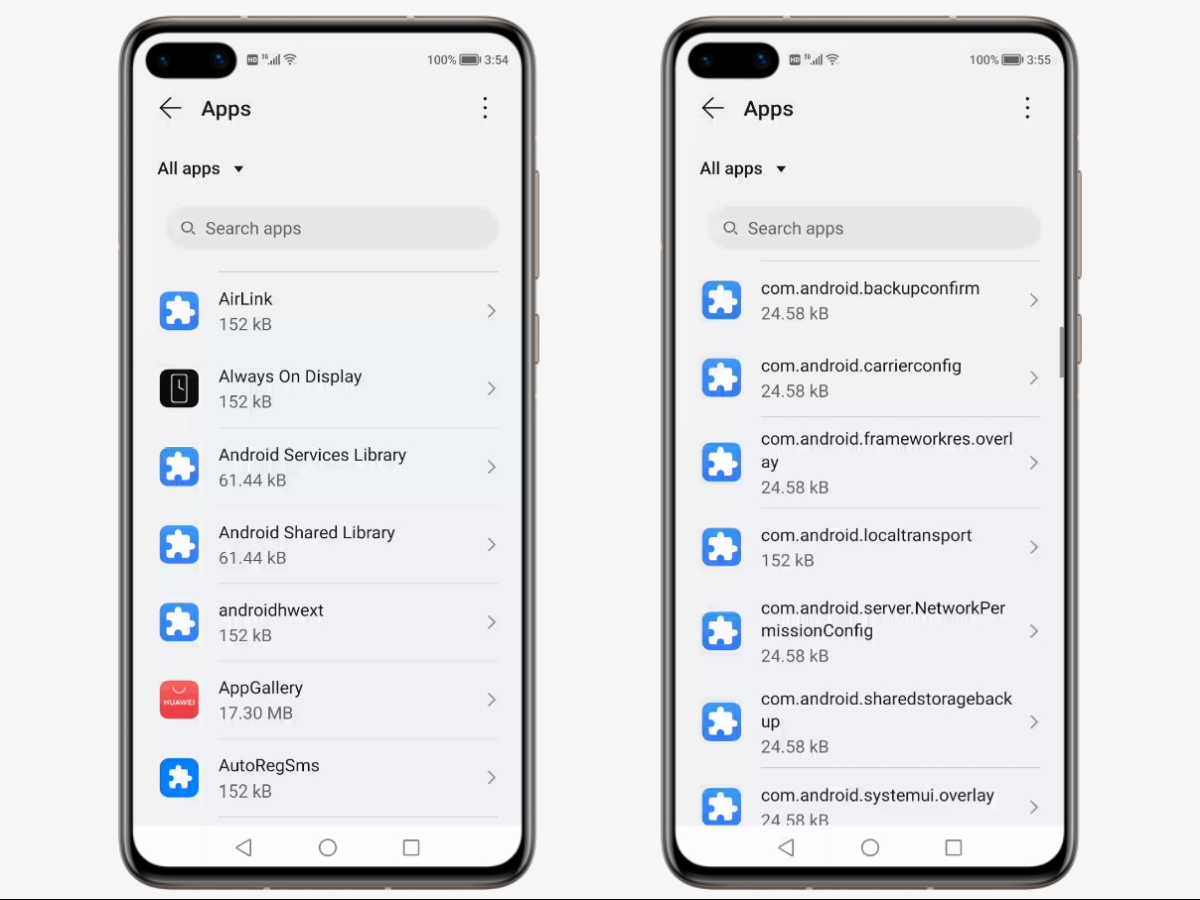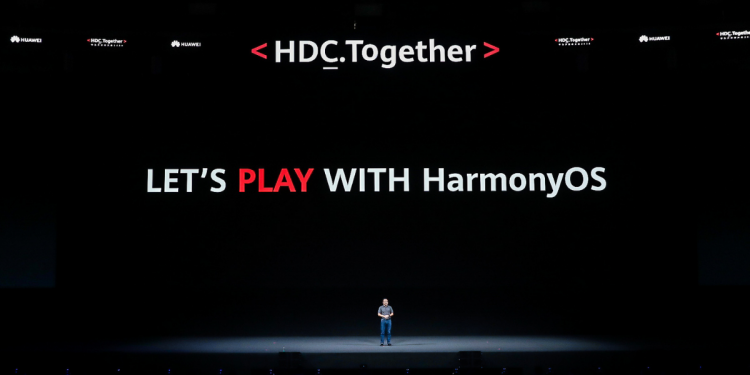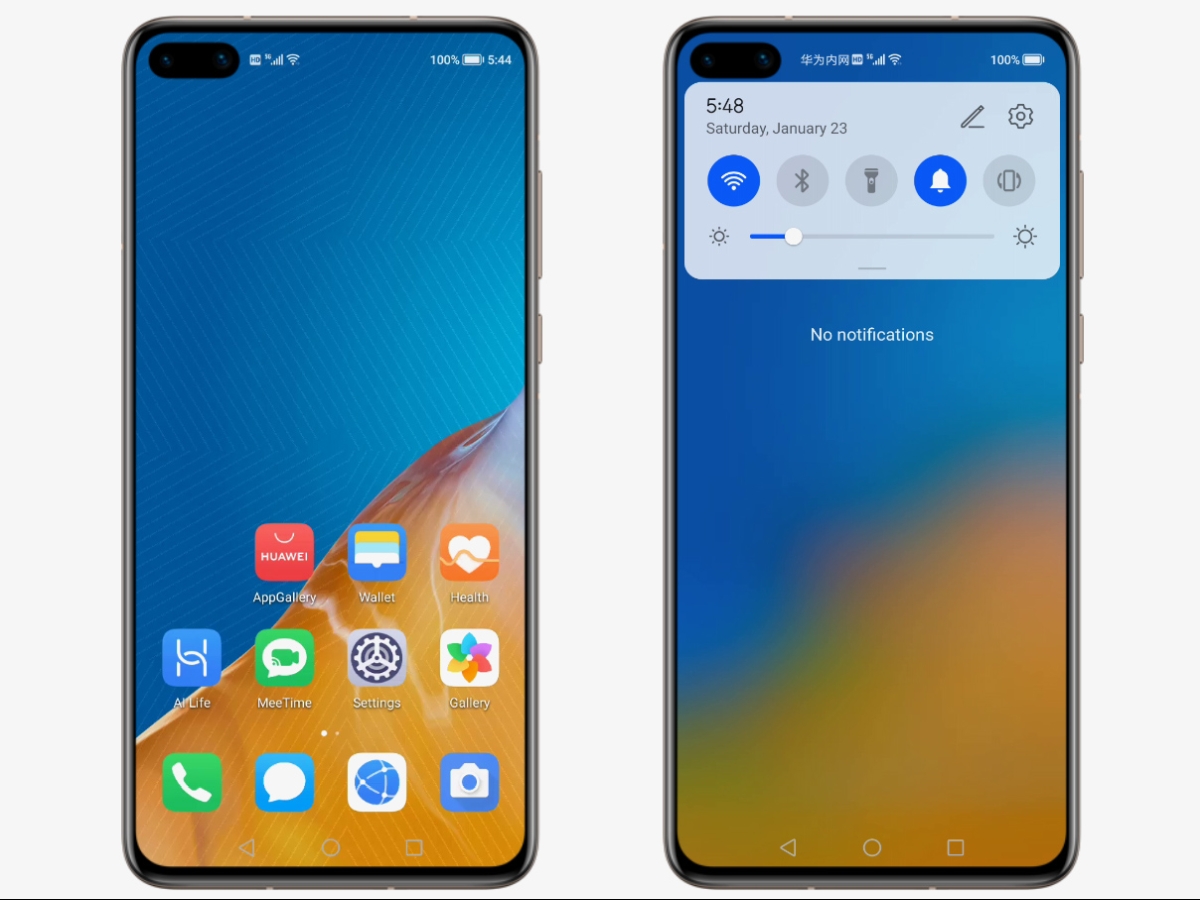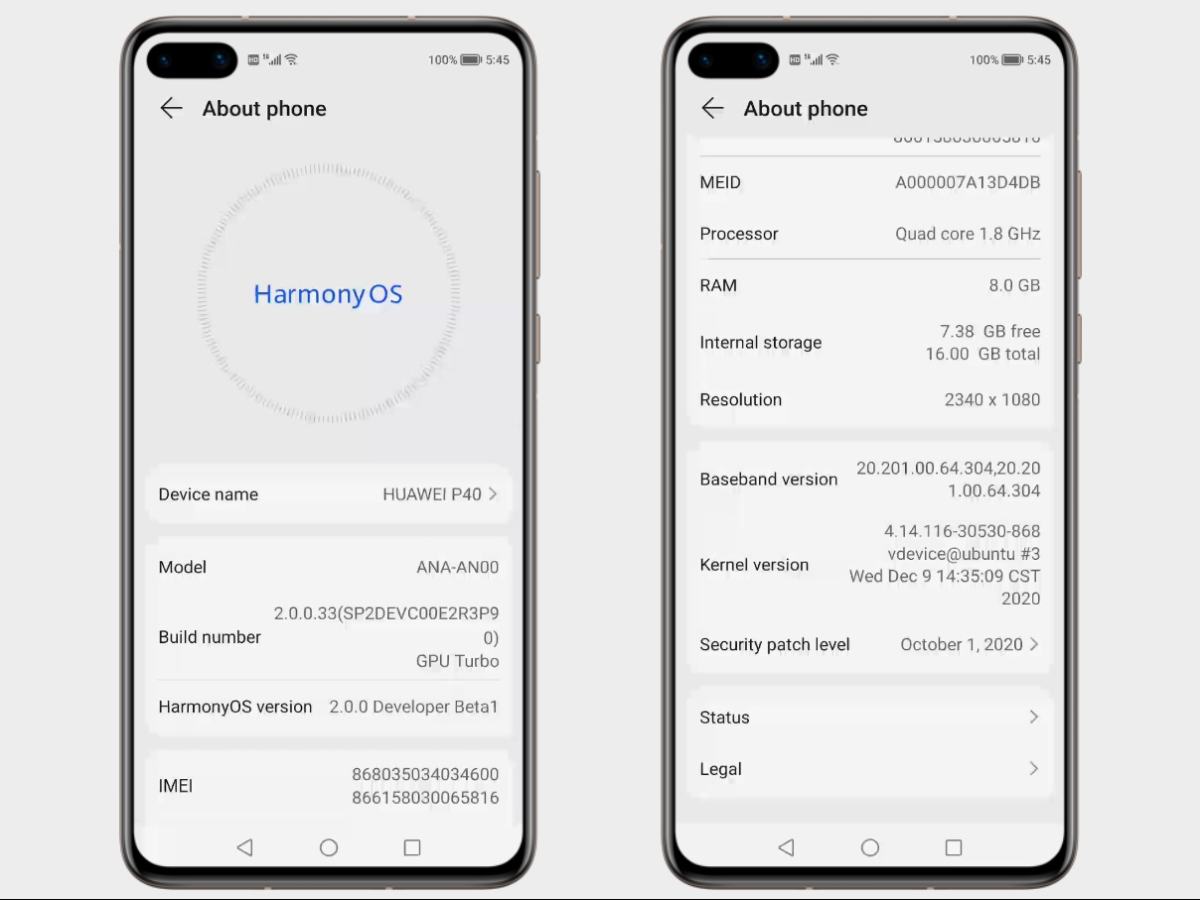It’s still early 2021, and the beta for Huawei’s HarmonyOS has just been rolled out on smartphones for the very first time. This is a particularly significant moment for a company that finds itself at a crossroads—over the past 18 months or so, Huawei has been subject to an ongoing tussle with the U.S. Department of Commerce which has resulted in Huawei’s smartphones going GMS-less.
Currently, Huawei phones ship with an open source version of Android, mated to Huawei Mobile Services. But the company has been talking up the “all-new” HarmonyOS as an alternative to Android, promising “seamless AI life” via shared hardware capabilities between smartphones and IoT products. Now that the first HarmonyOS beta is now available on smartphones for developers, we finally get a first look at what Huawei’s Android alternative.
“No discernible changes”
According to Ron Amadeo from Ars Technica, HarmonyOS does not have any discernible changes from Android 10, with Huawei’s familiar EMUI 10 skin ported over to the new operating system. This time, however, there isn’t any mention of Android within the About page, although a quick peek through app information reveals apps like “Android Services”, “Android Shared Library”, and other entries that mention Android.
In fact, the app info for “HarmonyOS System” is displayed with a label saying “version 10”—which might indicate Android 10, since this is technically version 2 of HarmonyOS. A device information app corroborated this when identifying HarmonyOS as Android 10, too.

Amadeo also raises suspicion at the completeness of the beta, despite this being the first such release for the smartphone platform. Usually, early beta releases come with a lot of rough edges, including limited features, app selection, and other similar issues, but HarmonyOS offers a bunch of fully fleshed-out features—including some that look like they were “borrowed” from Android 10.
“For a brand-new operating system that isn’t out yet and has zero users, the developer support Huawei has lined up is also incredible! In the Huawei App Gallery, you’ll see apps from Google, Microsoft, Amazon, TikTok, WeChat, Tencent, Baidu, Weibo, Evernote, and more. You’ll also find thousands of app reviews dating back several years from users who can’t possibly exist, because HarmonyOS is brand-new and isn’t Android, right?”
A “nosy” two-day background check
When signing up for access to the HarmonyOS beta outside of China, you’re required to submit to a background check—one that requires passport copies, as well as ID and credit card information. The entire process takes up to two business days, and it looks like Huawei manually reviews each application before approving the beta download, although your credit card is not charged (which would be an outrage, to be fair).
“Huawei is instead making this as hard as possible, and it’s easy to imagine a potential developer balking at the ridiculous and intrusive download process, closing the tab, and going back to Android and iOS development. It’s the worst first impression of an operating system I’ve ever seen. As a developer, you’ve got to wonder if Huawei will always be this difficult to work with in the future.”
Something else that is a little odd is how Huawei’s “remote emulator” works. A interactive 720p video feed of HarmonyOS is streamed to your machine over the internet, and Amadeo describes the experience as “laggy”. It also appears that the stream is sent from an actual, physical phone plugged into a testing rig for the beta, with the emulator disconnecting when USB debugging is turned on.
Ultimately, it looks like HarmonyOS is basically a fork of Android—although there isn’t anything wrong with that. Amazon’s FireOS, for one, is a fork of Android, although the company makes it clear that the Fire TV and tablet Fire OS is built on Google’s open source OS. What makes things seem a little sketchy is that there is no mention of Android within the entire set of HarmonyOS documents, while an “open source licenses link” within the About page of the emulator doesn’t actually display anything.
So, what do you think? Official versions of HarmonyOS could be seen on Huawei smartphones in the near future, but based on these recent findings, perhaps the operating system won’t be as revolutionary as the company has been promising. Share your thoughts in the comments section below.
[ SOURCE ]









